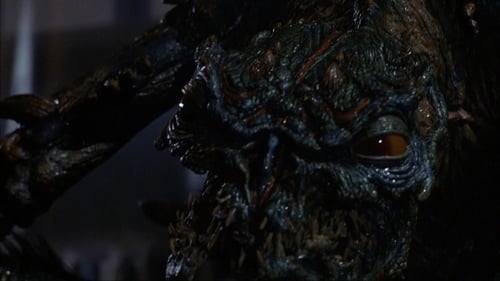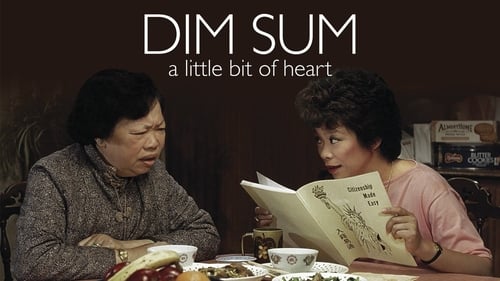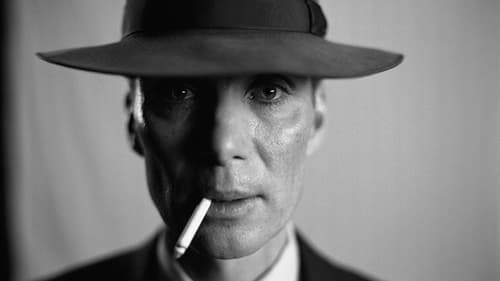
Executive Producer
A compelling, straightforward documentary that exposes the so-called "Octomom" Nadya Suleman.

Editor
Goofy visits a train station to see how it and the trains there operate.

Editor
Goofy visits a ship.

Sound Effects Editor
С виду Мартин выглядит как совершенно нормальный, здоровый молодой человек. Однако, под обыкновенным внешним обликом скрывается самый необыкновенный из когда-либо живших на земле людей. Во-первых, он гений. Во-вторых, он взрослый мужчина, несмотря на то, что ему всего пять лет. Но что еще более интересно, Мартин — сын человека-мухи, ученого Сета Брандла, чей генетический код был изменен в ходе неудавшегося эксперимента. Пройдет какое-то время, и эта генная мутация в организме Мартина даст о себе знать и выйдет из состояния анабиоза. Мартину предстоит пережить самую ужасающую трансформацию, которая когда-либо происходила с организмом человека.

Editor
San Francisco's Richmond District. A widow welcomes the Chinese New Year. 62 years old, she wants to make a trip to China to pay last respects to her ancestors. A fortune teller has told her this is the year she'll die, and a daughter, Geraldine, remains unmarried. Geraldine's boyfriend lives in Los Angeles and she's not sure she's ready for marriage, nor does she want to leave her mother alone in her declining years. Mrs. Tan's cheerful brother-in-law, Uncle Tam, tries to help out.

Editor
The Day After Trinity (a.k.a. The Day After Trinity: J. Robert Oppenheimer and the Atomic Bomb) is a 1980 documentary film directed and produced by Jon H. Else in association with KTEH public television in San Jose, California. The film tells the story of J. Robert Oppenheimer (1904–1967), the theoretical physicist who led the effort to build the first atomic bomb, tested in July 1945 at Trinity site in New Mexico. Featuring candid interviews with several Manhattan Project scientists, as well as newly declassified archival footage, The Day After Trinity was nominated for an Academy Award for Best Documentary Feature of 1980, and received a Peabody Award in 1981.



